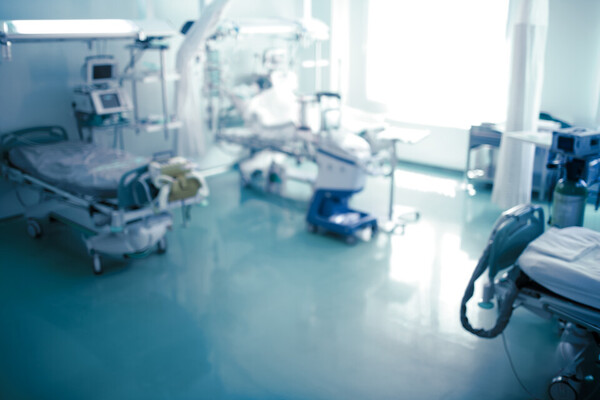Concerns have been raised about the health of emergency medicine doctors, who have been at the forefront of the ongoing conflict between the government and the medical community for over a year.
Yoo In-sool, a professor of emergency medicine at Chungnam National University Hospital, regarded as a leading figure in the field, fell unconscious while seeing a patient, underwent emergency surgery, and is recovering.

(Credit: Getty Images)
According to the Korean Society of Emergency Medine, Yoo suffered an acute myocardial infarction and collapsed on Feb. 28, after months of being on call at night to relieve the burden on junior physicians following the massive resignation of trainee doctors.
His condition was serious enough that open-heart surgery was considered, but fortunately, quick action by a junior doctor he was working with saved his life. After undergoing an emergency procedure, Yoo was discharged from the hospital on March 7 and is now recovering at home.
Due to the lack of trainee physicians, Yoo volunteered to be on call at the emergency room. Once he started working in the ER, he reportedly worked 10 or 14-hour shifts, treating patients 12 times a month. Yoo is due to retire in August this year.
Several other emergency medicine doctors have also been affected. An emergency medicine specialist in his mid-50s, who worked in the emergency department at a university hospital in North Jeolla Province, is reported to have suffered a cerebral infarction and is currently hospitalized in the intensive care unit. He collapsed while on his way to work at the emergency room around 8 a.m., after completing his nightly on-call duty by 9 p.m. the previous day.
"Due to the prolonged conflict, doctors who have been safeguarding the emergency medical field are now falling ill," said Dr. Lee Kyung-won, a public affairs director at KSEM. "There is no way to find replacements, so when someone gets sick, the remaining doctors have to take on additional responsibilities. This leaves those who are ill feeling guilty for burdening their colleagues."
“If the high-intensity work continues at this rate, the remaining doctors will inevitably collapse from overwork,” he added.